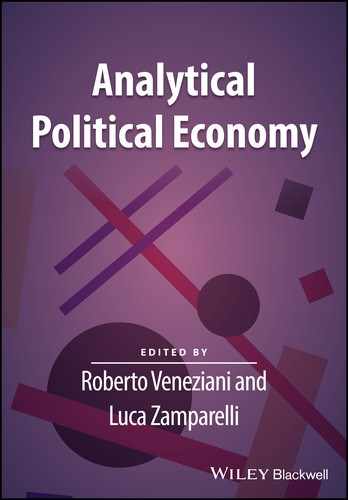Book Description
Offering a unique picture of recent developments in a range of non-conventional theoretical approaches in economics, this book introduces readers to the study of Analytical Political Economy and the changes within the subject.
- Includes a wide range of topics and theoretical approaches that are critically and thoroughly reviewed
- Contributions within the book are written according to the highest standards of rigor and clarity that characterize academic work
- Provides comprehensive and well-organized surveys of cutting-edge empirical and theoretical work covering an exceptionally wide range of areas and fields
- Topics include macroeconomic theories of growth and distribution; agent-based and stock-flow consistent models; financialization and Marxian price and value theory
- Investigates exploitation theory; trade theory; the role of expectations and ‘animal spirits’ on macroeconomic performance as well as empirical research in Marxian economics
